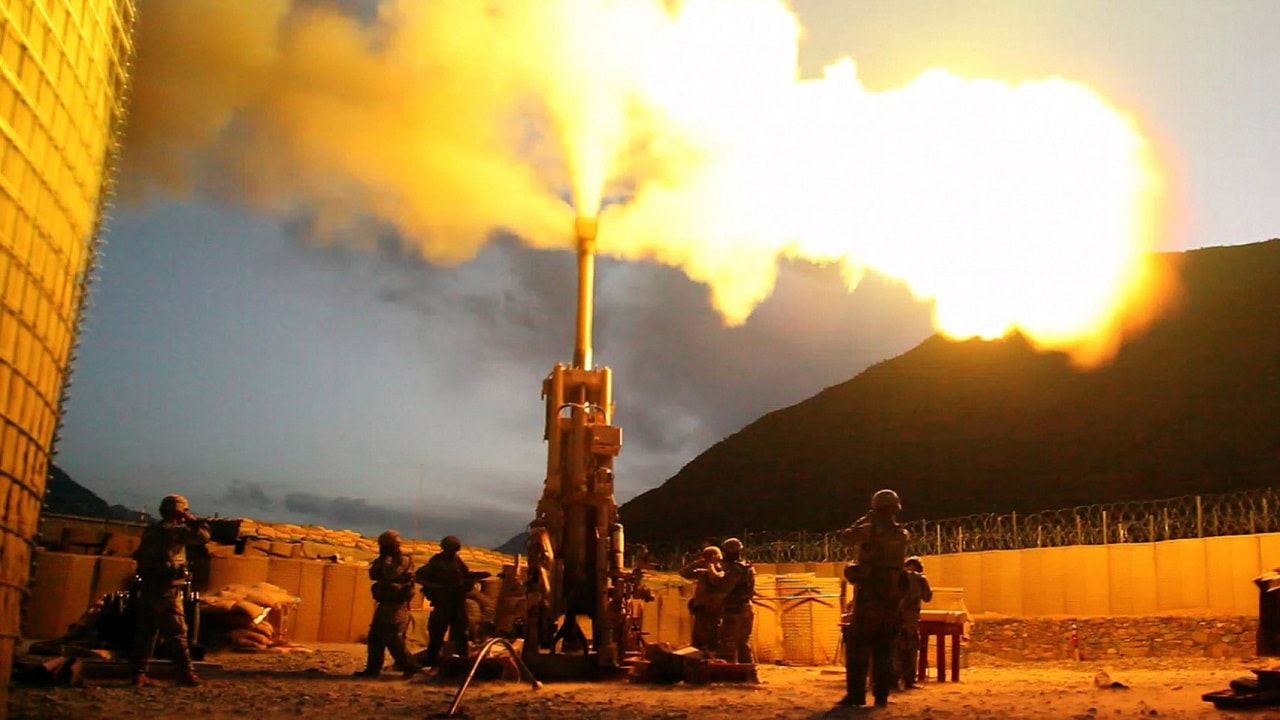With rumors swirling that Ukrainian President Volodymyr Zelensky is considering replacing the head of the Security Service of Ukraine (known under its Ukrainian initials SBU), Ukraine’s main intelligence agency is back in the news. The agency has played a significant role in defending Ukraine from a Russian attack before and after its 2022 invasion of Ukraine, although much of its performance thus far in the war is hazy as a result of the secret nature of its work.
Today, the SBU is the dominant security service in Ukraine, and will likely continue to play a highly active role in providing support to Ukrainian forces fighting Russia in this war and beyond.
History of the SBU
The history of the SBU has seen the agency take on a variety of roles and undergo significant evolution since the 1991 reemergence of Ukraine as an independent state. Created shortly after the collapse of the Soviet Union by an act of the Verkhovna Rada, the SBU’s official responsibilities include counterintelligence, information security, counterterrorism, information security, the protection of state secrets, and the “protection of national statehood.”
Initially born out of the Ukrainian branch of the KGB, the SBU’s early history saw it initially struggle to deal with widespread Russian espionage across Ukraine while also seeking to officially cooperate with Russia’s security services. The agency also was the victim of political maneuvering in post-independence Ukraine’s fluid political landscape. Today, the agency arguably forms the core of Ukraine’s intelligence agency ecosystem, serving alongside Ukraine’s military intelligence organization and the much smaller Foreign Intelligence Service of Ukraine.
However, the real turning point in the history of the SBU was the 2014 Revolution of Dignity, and the subsequent Russian seizure of Crimea and invasion of eastern Ukraine. After the administration of former President Viktor Yanukovych was overthrown in 2014, the organization’s leadership and arsenal were gutted by resignations and defections to Russia, and much of the information on the SBU’s involvement in Yanukovych’s violent attempts to suppress protests were also destroyed.
The SBU quickly had to focus on rooting out Russian infiltration of the Ukrainian government and began to take an active role in fighting Russian-backed separatists in the Donbas region. This new SBU was not without its faults, however, as the agency was accused by outside watchdog groups such as the UN Human Rights Monitoring Mission in Ukraine noted that the SBU has performed a non-negligible amount of arbitrary detentions and searches since its 2014 reorganization.
Since coming to power in 2019, President Zelensky has attempted to reform the agency through paring down its law enforcement activity and reining in some of its most egregious abuses of power or extortion by freewheeling elements of the agency. However, this process has become slow and muddled – SBU reforms have faced long delays, and some of the most recent pre-war draft proposals gave the SBU significant leeway to continue to abuse its purview over economic crimes even if the agency is reformed.
What Role Has the SBU Played Since the 2022 Russian Invasion?
Russia’s invasion, of course, did not wait for the SBU’s reform process to take off or be completed. The SBU has been thrust into an active role in fighting off Russia’s invasion of Ukraine, in which it has performed a variety of roles. Exercising its intelligence-gathering capabilities, the SBU has allegedly played a significant role in procuring information for use in Ukraine’s information warfare campaign to cast light on abuses of Russian troops, such as the massacre of civilians at Bucha.
SBU officers have seen use during the war as hunters of alleged fifth-columnists and Russian collaborators and have taken an active role in Ukraine’s information war by publishing the purported communications of Russian soldiers in the field. Other SBU units could potentially be involved in supporting Ukrainian partisans fighting behind enemy lines. While Russia has claimed that it has caught SBU saboteurs, it is impossible to verify such claims, as the SBU naturally has not claimed or admitted that it is conducting sabotage operations within Russia.
What is the Future of the SBU?
Despite the wide activities of the SBU, the future of the agency is currently in a state of flux. As reported by Politico in late June, President Zelensky is reportedly displeased with the performance and leadership of current SBU head Ivan Bakanov, who is a longtime friend and business partner of his. In particular, Zelensky has taken issue with Bakanov’s failure to respond effectively to Russia’s invasion and alleged serious missteps in the opening hours and days of the invasion which might have cost Ukraine control over the major southern city of Kherson.
The agency still appears to have a problem with Russian moles – for instance, Andriy Naumov, who was the head of the SBU’s internal security division, fled Ukraine shortly before the invasion began on February 24, raising significant questions about his loyalties. Others, such as SBU General Serhiy Kryvoruchko and Colonel Ihor Sadokhin were accused of helping Russia’s invasion force in the opening hours of the war, and were later stripped of their rank and honors and arrested.
Although the future of reforms to the SBU is cloudy and it remains unclear just how deep Russian penetration of the agency remains, Kyiv appears to be very eager to continue leaning on the large agency to support its war against Russia’s invasion. Whether it will emerge more or less powerful at the end of the war is likely a function of its performance against Russia in the future.
Wesley Culp is a Research Fellow at the Center for the Study of the Presidency and Congress. He regularly writes on Russian and Eurasian leadership and national security topics and has been published in The Hill as well as in the Diplomatic Courier. He can be found on Twitter @WesleyJCulp.

